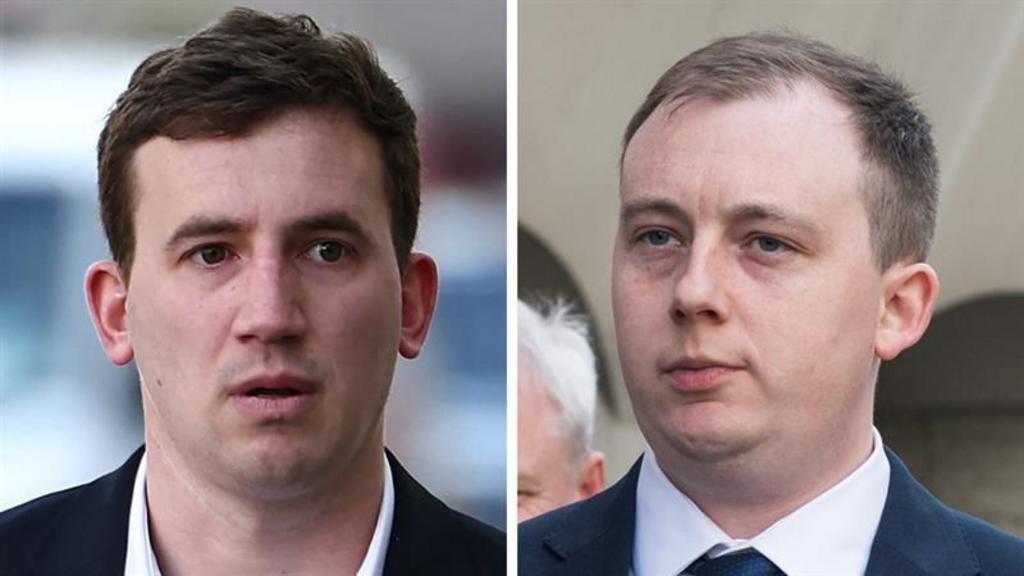The Director of Public Prosecutions for England and Wales has asserted that “no outside pressure” influenced the Crown Prosecution Service’s (CPS) decision to drop charges against two British men accused of spying for China.
Stephen Parkinson, who leads the CPS, stated that his team considered “alternative offences” but ultimately concluded that “none were suitable” for prosecution.
The decision to drop the case against Christopher Cash, a former parliamentary researcher, and Christopher Berry, a teacher, was made on Monday, eliciting strong reactions from the UK government, opposition parties, and Speaker of the House of Commons, Lindsay Hoyle.
Both Cash and Berry had denied the allegations, while Beijing denounced the claims as “malicious slander.”
The two men were accused of gathering and providing information prejudicial to the safety and interests of the state between December 28, 2021, and February 3, 2023.
However, during a hearing at the Old Bailey on Monday, the court was informed that the CPS determined that the evidence collected did not meet the threshold for a trial. The pair were scheduled to appear at Woolwich Crown Court starting October 6.
Mr. Parkinson, the DPP, affirmed that the independence of his team was “completely respected within Whitehall and government,” offering his “own assurance” that no external pressure had been exerted.
Parkinson’s remarks were made in a letter to Shadow Home Secretary Chris Philp, who had inquired whether the CPS had been subjected to “politically pressured directly or indirectly by any representative of the government.”
Parkinson indicated that a key factor in securing a conviction under the Official Secrets Act 1911 would have been proving that China was an “enemy” of the state.
“To secure a conviction, the prosecution must prove that a person, for any purpose prejudicial to the safety or interests of the state, communicated information to another person which is calculated to be, might be, or is intended to be directly or indirectly useful to an “enemy”,” he said.
He noted that the law has since been updated with the National Security Act 2023, which contains “more extensive provisions to deal with espionage and those who are acting on behalf of foreign powers.”
The CPS decision drew criticism from the Home Office and the prime minister’s official spokesperson, who described it as “extremely disappointing” that the individuals would not face trial.
Speaker Lindsay Hoyle addressed the Commons, stating: “I am a very unhappy speaker with what has happened. The fact that it has taken two years, until today, for somebody to withdraw this case is not good enough.”
Security Minister Dan Jarvis expressed his “extremely disappointment” that there would be no trial and reiterated the government’s “gravely concerned about the threat of Chinese espionage.”

